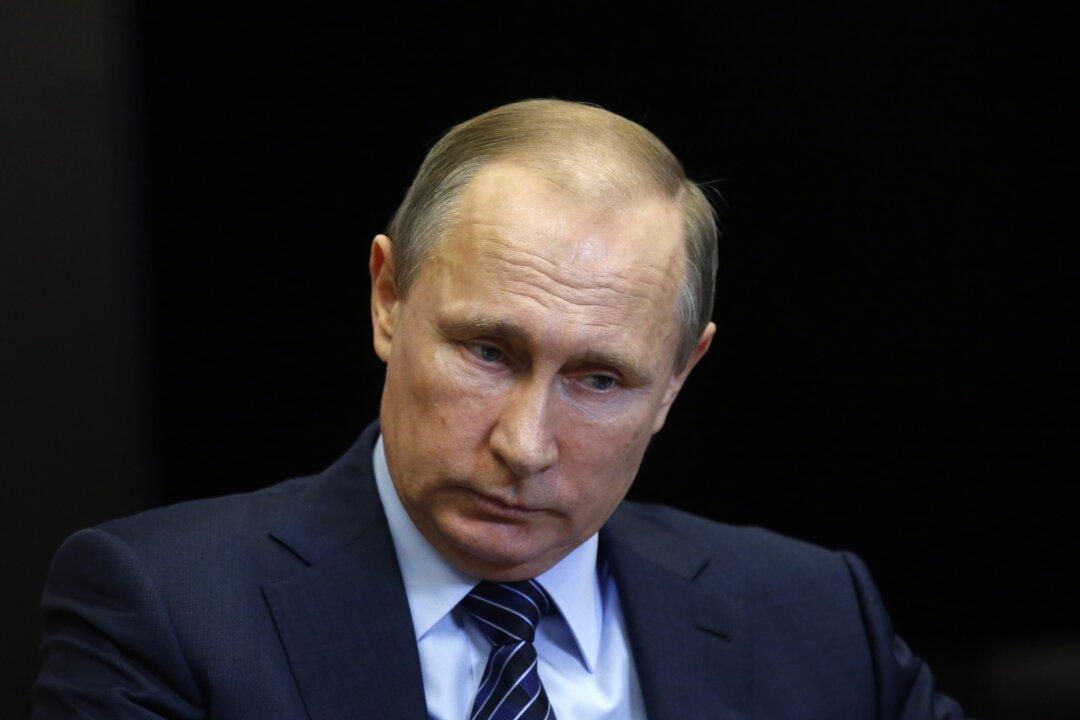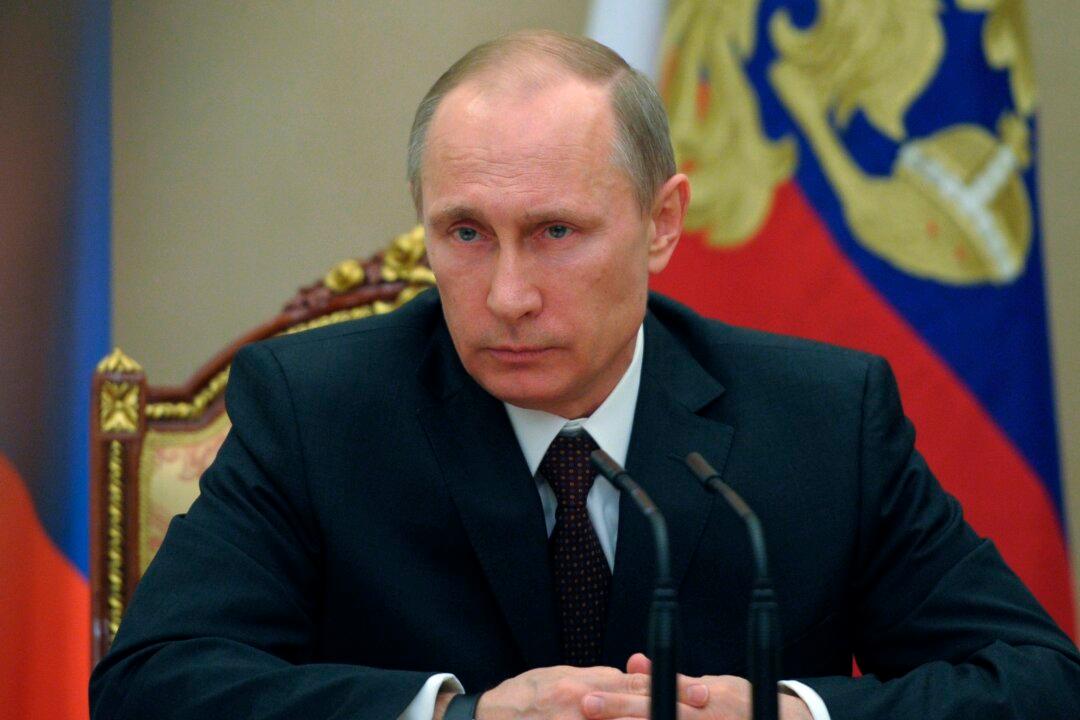Thomas Graham
Author
LATEST
Russia Achieves Tactical Success in the Middle East, but No Strategic Victory
Russia needs good ties with the West more than short-term gains in Ukraine and Syria.
|
Putin’s Dramatic Syria Move Raises Russian Profile—With Risks
Vladimir Putin, determined to revive Russia’s status as a global power, has rapidly mobilized forces to bolster the Assad regime in Syria. He orchestrated a meeting with President Barack Obama at the September U.N. General Assembly meeting in New York, to give the appearance that he is taking charge of ending the Islamic State’s expansion in Iraq and Syria, explains Thomas Graham, expert on Russia and senior fellow at the Jackson Institute for Global Affairs based at Yale University. Russian airstrikes also targeted U.S.-supported rebel groups fighting the Assad regime as well as ISIS locations. In essence, Syria is the site for another brutal proxy war in the Middle East, pitting Russia, Iraq, Iran, Hezbollah forces against the United States, Turkey, Saudi Arabia, and Egypt and contributing to more conflict, confusion, and waves of refugees. Putin’s moves carry risks, and Russia cannot afford being embroiled in a quagmire. He may have caught the Obama administration by surprise, but the United States still has great capacity to influence the region with its response.
|
It’s Putin’s World
Contrary to the implication of German Chancellor Merkel’s remark that Putin is “living in another world,", we must operate in his world. So perhaps we should make an effort to understand it.
|
Russia Achieves Tactical Success in the Middle East, but No Strategic Victory
Russia needs good ties with the West more than short-term gains in Ukraine and Syria.
|
Putin’s Dramatic Syria Move Raises Russian Profile—With Risks
Vladimir Putin, determined to revive Russia’s status as a global power, has rapidly mobilized forces to bolster the Assad regime in Syria. He orchestrated a meeting with President Barack Obama at the September U.N. General Assembly meeting in New York, to give the appearance that he is taking charge of ending the Islamic State’s expansion in Iraq and Syria, explains Thomas Graham, expert on Russia and senior fellow at the Jackson Institute for Global Affairs based at Yale University. Russian airstrikes also targeted U.S.-supported rebel groups fighting the Assad regime as well as ISIS locations. In essence, Syria is the site for another brutal proxy war in the Middle East, pitting Russia, Iraq, Iran, Hezbollah forces against the United States, Turkey, Saudi Arabia, and Egypt and contributing to more conflict, confusion, and waves of refugees. Putin’s moves carry risks, and Russia cannot afford being embroiled in a quagmire. He may have caught the Obama administration by surprise, but the United States still has great capacity to influence the region with its response.
|
It’s Putin’s World
Contrary to the implication of German Chancellor Merkel’s remark that Putin is “living in another world,", we must operate in his world. So perhaps we should make an effort to understand it.
|



